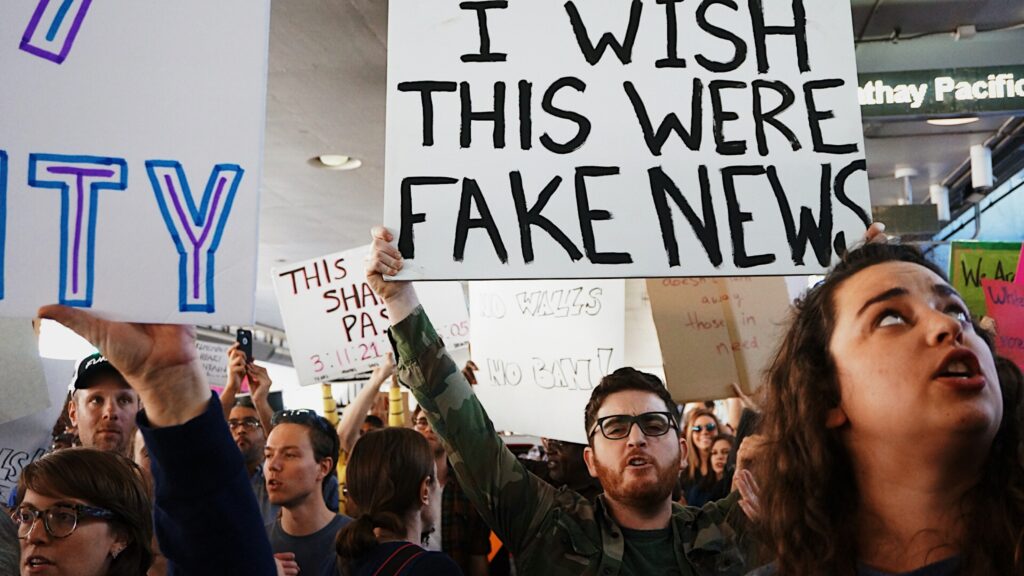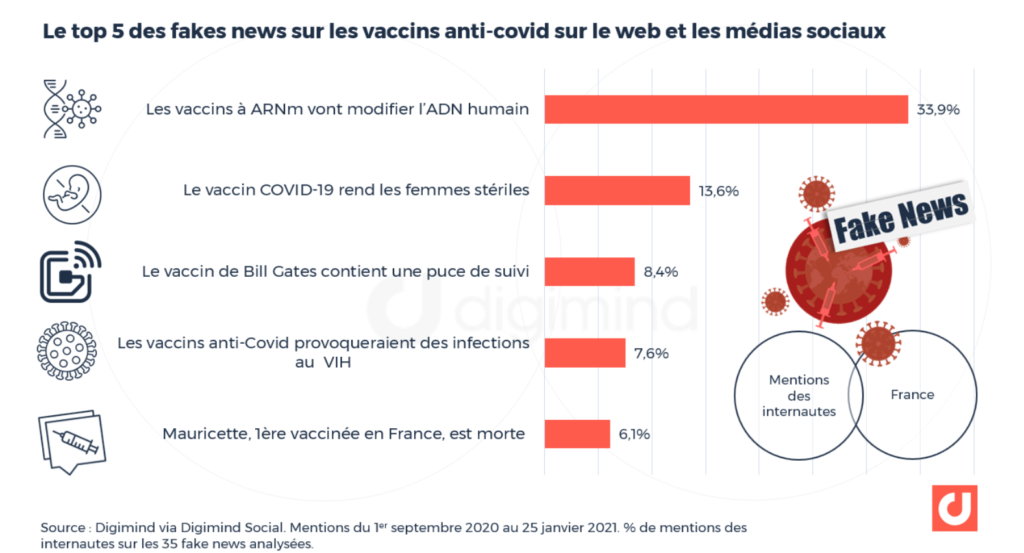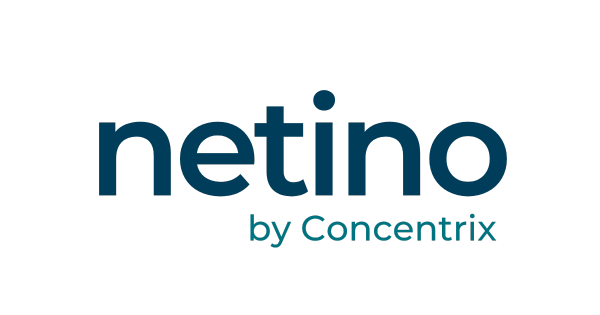Fake News: What are the contexts that favor their spread?
Although the concept of fake news was popularized by the US campaign between Hillary Clinton and Donald Trump, the use of misinformation is actually much older. In “The Art of War,” General Sun Tzu in the 6th century already explained the importance of finding a compromise between truth and lies to transform fake news into credible facts.
“Fake news is false information deliberately fabricated and disseminated on the Internet to mislead.”
The concept of fake news is as old as the world, and it has been proliferating since time immemorial. The France 2021 edition of the ELEDMAN barometer, conducted in the form of annual surveys measuring the evolution of trust in societal institutions and authority figures, shows us that the French have the lowest trust in institutions in Europe!
So, do you really have a chip that analyzes your every move? Is 5G actually an instrument for spreading the virus? Do animals transmit Covid-19 to humans? We will try here to decipher the contexts that favor the spread of fake news.
| Decline in trust in institutions
France is one of the countries that has the least trust in institutions (Government, Public Institutions, Media, and Businesses), with a trust level of only 45% in 2020. The subjects that raise the most concern are the media and the government. At the same time, global trust in news has dropped by 4% from last year to 38%.
| Algorithms boost fake news
The nature and process of fake news are not new elements, but thanks to or because of social networks and web applications, the speed of their propagation has been multiplied. According to the France edition of the “2021 ELEDMAN TRUST BAROMETER,” we observe that in 2021, the trust of the French in the media and political institutions is strongly shaken.

In 2020, 52% of them agreed that the media they use is “contaminated” by unreliable information. In 2021, we see that only 18% of the French have good informal hygiene. According to MIT researchers, true information takes 6 times longer than false information to reach 1,500 people, according to their analyses.
| The main targeted subjects
Distrust of authorities, doubt of the speeches of certain scientists, the feeling of manipulation, the search for scapegoats, or even the feeling of weakness and fear in the face of one’s own state of health have built, for certain categories of the population, a very favorable ground for the increased spread of fake news, conspiracy theories on networks, and discussion platforms, making the fight against misinformation particularly difficult given the variety, volume, and speed of propagation of these rumors.
| Implosion of social networks
More than half a million new users have invested in social networks in just three years. To accompany this, we are witnessing a surge in the concept of ultracrepidarianism. Many users spread information announced as true only because this information has been shared by many people before. Paradoxically, the trust placed by the French in social networks has dropped from 25 to 23%.

Messaging applications, the Internet, and social networks have unfortunately played the role of an echo chamber for fake news. Global engagement has increased by 61% and about 32% for the French. According to a Digimind study in February 2021, about 36 fake news stories were particularly shared, but 44% of the messages studied were about “5G waves responsible for the pandemic.”
| Crises, including the Coronavirus Crisis
During every crisis, we find a mixture of uncertainty and worry. This mixture is the perfect cocktail for the emergence of fake news. It is important to differentiate misinformation, which is more due to a lack of rigor and attention, from disinformation, which involves spreading false information to deceive or influence readers’ opinions. The current COVID-19 crisis is also particularly conducive to the rapid spread of conspiracy theories of all kinds for a very material and concrete reason: confinement. Confined to their homes, people read and share more information than usual, seek answers, and spend a lot of time on their computers…
N'hésitez pas à partager cet article !
"Fake News: What are the contexts that favor their spread?"

